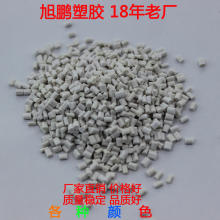
Travere Therapeutics said Thursday that a study meant to confirm the benefit of its newly approved drug for a rare kidney disorder narrowly failed.
In the trial, 404 patients with the disorder, IgA nephropathy, were randomized to receive either Travere’s daily pill, Filspari, or irbesartan, a decades-old blood pressure drug often used to help manage the disease. Early data had showed the drug cut protein levels in the urine, a biomarker of kidney function, by half after nine months. That convinced regulators to give Filspari accelerated approval in February, pending full results using a more direct measure of kidney function.
advertisement
The new data, after 24 months, showed that patients who received Filspari declined less quickly than those in the control group. But the results just missed statistical significance, with a P value of 0.058.

Get unlimited access to award-winning journalism and exclusive events.
Subscribe Log InNext article: Peter Hotez and the public health issue of online harassment
















